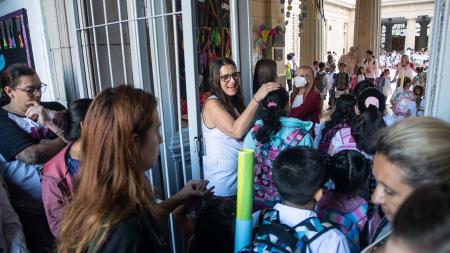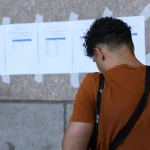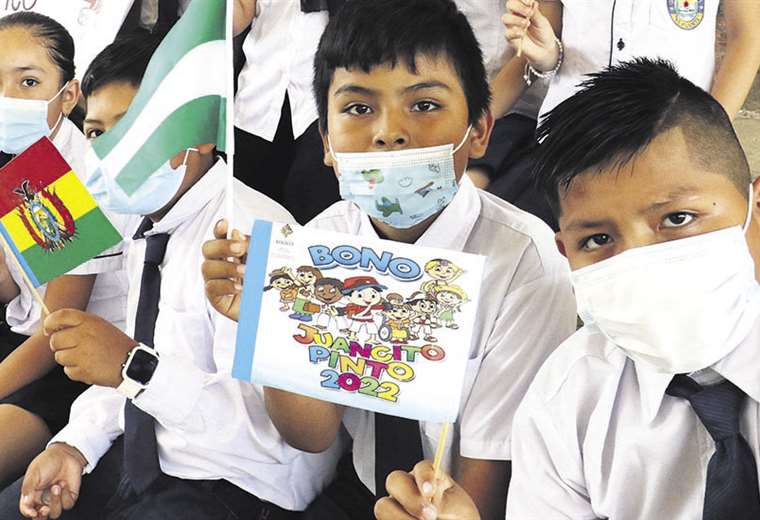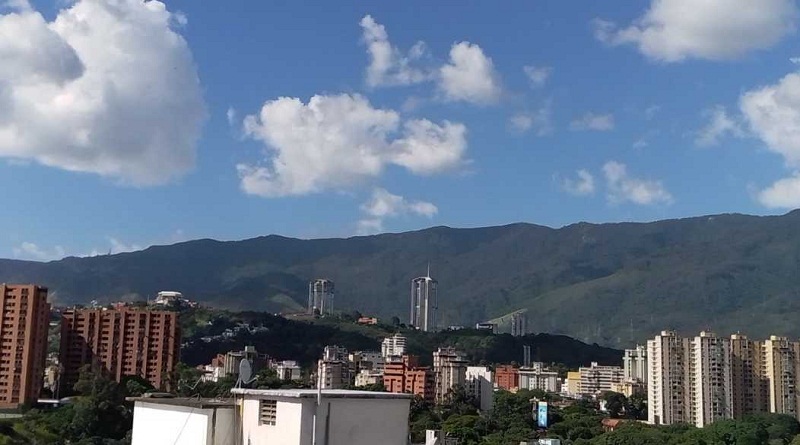The general director of Culture and Education in Buenos Aires, Alberto Sileoni, assured that on Wednesday, “for the fourth consecutive year, classes will begin on the scheduled date and without strikes” in the province of Buenos Aires, after the agreement reached with the teachers’ unions in parity.
“We will start the educational and school activities of 190 days and we will leave behind that anguish that always appeared in the province at the beginning of each school year”assured the official during an interview with Télam.
He maintained that “the government of María Eugenia Vidal had 65 days of strikes in her 4 years of government”, she pointed out that “some sectors, in an almost childish reasoning, say that now there are no strikes because the unions are friends of our government, which which is an obvious fallacy: they had 65 days of unemployment because the teacher salary in 4 years lost 20% of its purchasing value”.
“Now there is no unemployment, not because of the friendship of the unions with the governor, but because the purchasing power of the salary was defended in each of the parities, ending every year above inflation. Last year, with inflation of 95 %, the salary of Buenos Aires teachers was 103%,” the minister completed.
“Now there is no unemployment, not because of the friendship of the unions with the governor, but because the purchasing power of the salary was defended in each of the parities, ending every year above inflation. Last year, with inflation of 95 %, the salary of Buenos Aires teachers was 103%”
“For the fourth consecutive year, classes begin on the scheduled date and without stoppages”he emphasized.
Thus, the 2023 school year begins on Wednesday in the 21,000 schools that exist in the 135 Buenos Aires municipalities, attended by 5,200,000 students, and some 400,000 teachers and 80,000 assistants work.
“Ours is, along with that of São Paulo, the largest educational system in the Americas,” he stated and, although he stressed that it is “a rich, powerful, diverse system and with enormous wealth of identity,” he admitted that it has “debts and deficiencies”.
Among those pending issues, the minister listed: “There are 4-year-olds who should be inside the school and they are not. We have to improve permanence and graduation.”
Asked about the objectives of the portfolio for this year, the official explained that the works in schools will continue, with the construction of new buildings and work will be done to reinforce the contents.

“The province has 12,000 school buildings, many with high deterioration since most are heavily used during the day, with two or three work shifts”he said and explained that work will be carried out “on material matters, to continue fixing schools, improving toilets and distributing benches, chairs and cabinets.”
In this context, he stressed that “another aspect has to do with the condition of teachers’ salaries, we are going to continue looking at the salary and the movement of inflation.”
Then, he said that “it will be a year of increasing the school day at the primary level, of working on the new curricular design at the initial level and in adult and special education, settling the 8 teaching staff.”
After the controversy generated weeks ago around the reform of the school promotion scheme that is being studied to avoid desertion and that contemplates the possibility that secondary students can pass the year, despite having more than two previous subjects, Sileoni said that “We will continue to work on the issue.”
“Beyond the fact that we never thought of incorporating non-repetition this year, we continue to work with all the schools in the province thinking about how we can incorporate tutors and more State in the schools to accompany the children, especially for those in the most needy sectors. during his transit through high school”, stressed
In this sense, Sileoni evaluated that “education is done with investment, with decisions”, he explained that he is “improving the connectivity of all schools” and revealed that there are a thousand left to reach all of them”.
He announced that, in addition, technological equipment will be distributed in schools and a total of 3,500,000 books in primary schools and, in this regard, indicated: “This year we celebrate 40 years of democratic life and we think the opposite of what some sectors of society believe. the opposition, that democracy is a very important good for society”.
“This is a State that brought many achievements to education. 40 years ago books were burned, today the school is flooded with books. 40 years ago, there were boys who disappeared for fighting for their rights, today they are incorporated into open councils in the top level, to commissions at the secondary level”said the minister.
pedagogical objectives
When asked about the pedagogical objectives for the year, he replied: “This year we seek to continue reinforcing reading and writing, with an increase in primary school. This year more than 900 schools will have a full day and fifth hour, and we are working with National Education to incorporate a thousand more. That fifth hour and the whole day will be to reinforce learning in language and mathematics”.
In this way, the minister stressed that “as the works are an identity hallmark of the government of Axel Kiicllof, as soon as he took office, he launched a program through which we have already inaugurated school 133 of management and there are a large number of schools that can be inaugurated in the short term”.
In parallel, he assured that “there are a large number of works to refunction schools and thousands of repair works” and recalled that last November, the governor sent items for 4 billion pesos to the school councils to be able to start the term of the classes.
“Of the total, 600 million pesos are for ordinary expenses (cleaning, disinfection, draining wells, drinking water) and 3,400 million for minor spare parts and maintenance,” he specified.
In this context, Sileoni stated that “within this concern, the issue of gas connections has distinguished itself in the province -since some very tragic event” and added that since 2022 “work has not stopped in schools, focusing above all in 10 districts where there were a number of schools with gas and heating problems, to reach the winter with the schools in good condition”.
The official also emphasized the differences that exist with the opposition regarding the management approach in education and asserted that “there is evidence that cannot be disguised.”
“Vidalism brought a lot of pain to education in Buenos Aires: 20% less salary, many schools closed, the deep disdain for public education, trying to replace teachers with volunteers. All this was sanctioned at the polls, it is a model of exercising the policy to which we do not want to return”, he considered.
“Vidalism brought a lot of pain to education in Buenos Aires: 20% less salary, many schools closed, the deep disdain for public education, trying to replace teachers with volunteers. All this was sanctioned at the polls, it is a model of exercising the politics to which we do not want to return”
Finally, he opined that “it is not true that the schools were closed due to the pandemic”, he pointed out that the Government did “what could be done and what the whole country did, concerted in the Federal Health Council and in the Education Council” in based on the epidemiological situation.
“There were classes when the conditions were met so that they could be done. Meanwhile, this province put in place a very important program of accompaniment to trajectories and reconnection that returned all the boys in the province to the classrooms,” he concluded.

















